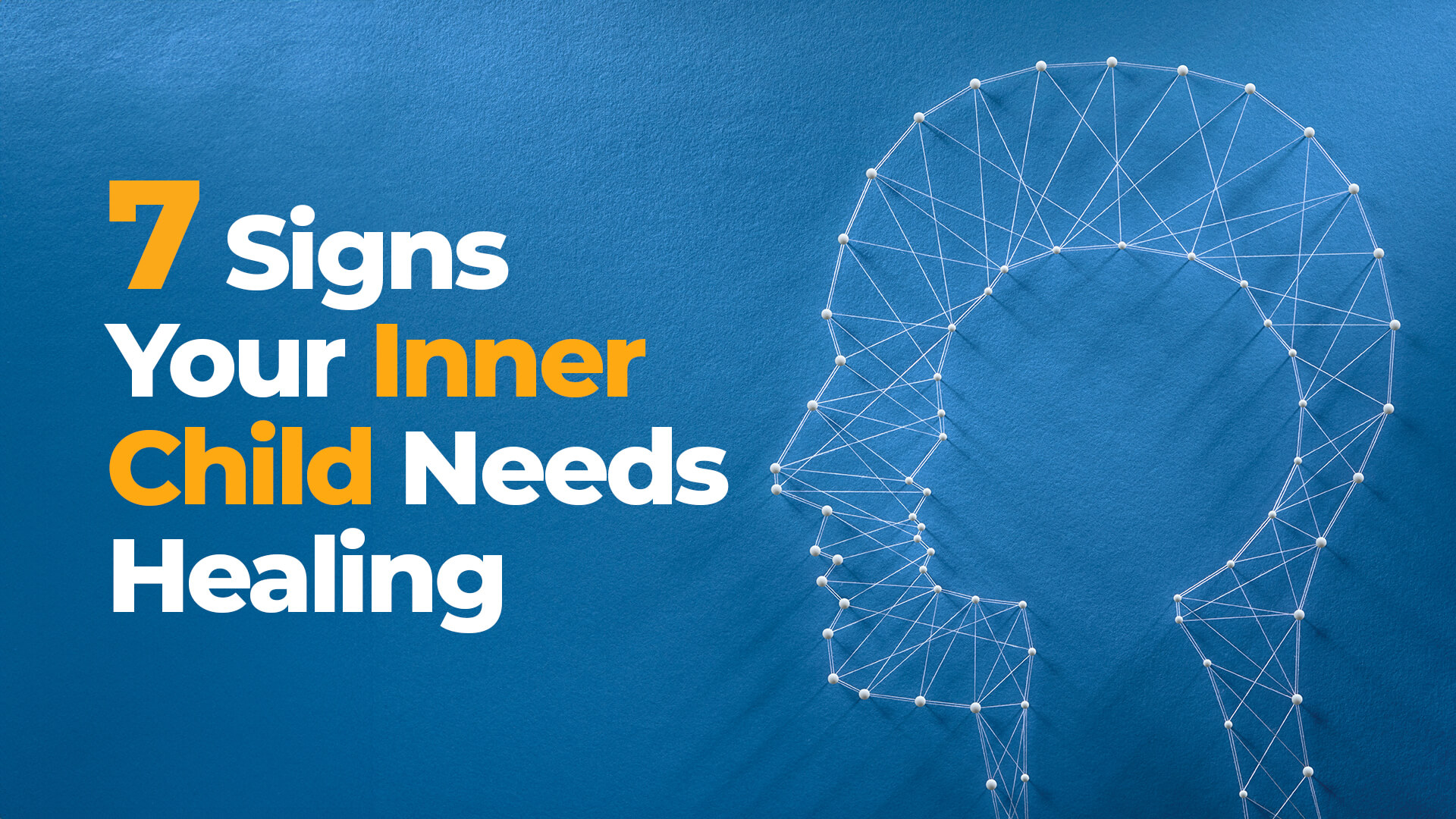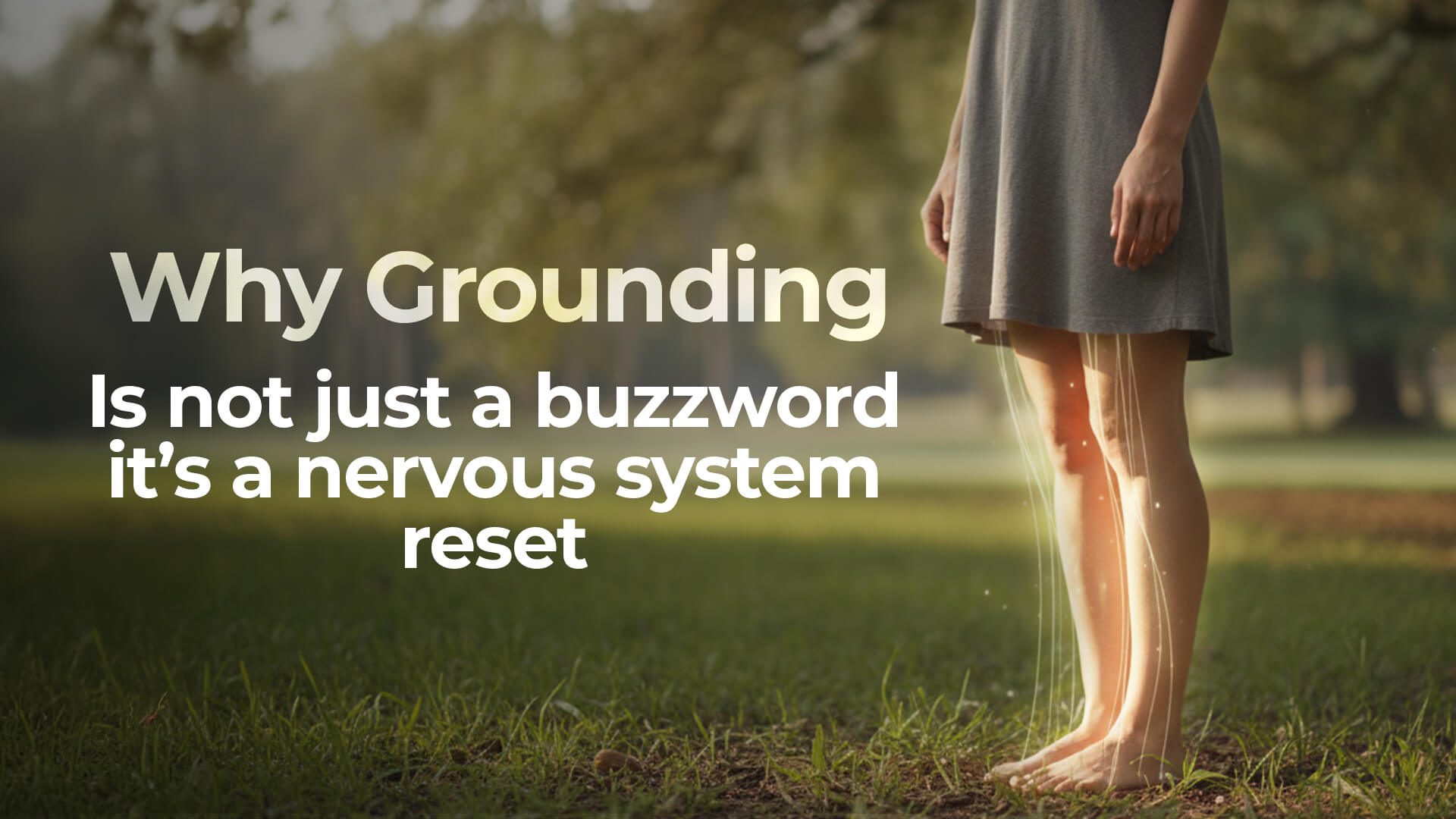Do you question if you follow your own path or just live life as others designed it for you each morning while looking at yourself in the mirror? Have you neglected the dreams you had when you were younger or have they departed to the dark side of mundane tasks like contributing to a daily routine? Is Midlife Crisis Real?
As we continue to travel down this road called life, we often reach a point where we stop and consider moving ourselves forward again. Being in midlife feels like standing at the edge of a canyon—a point in life that is both frightening and full of possibilities.
We are at the time of life when we get to the very heart of substantial issues: What if I decided to redefine success at this moment? Could I still engage in the activities I love or has my time for such a shift already passed?
For some, this period in life is frightening, and we call it a “midlife crisis.” But what if we could switch this challenging time to be an opportunity for great growth by changing how we see it?
Come join us as we investigate the truth about midlife. Also, discovering the concealed signs of change while finding out how we could utilize this time to grow the strongest. Your best self may be waiting just beyond the horizon. Are you ready to take the leap?
Understanding the Reality of Midlife Crisis
The term “midlife crisis” used in most cases, brings to mind a stereotypical image of someone making impulsive decisions like buying a new red sports car. Nevertheless, research proves a more complex picture.
It indicates that close to one-fourth of the people above forty suffer from severe emotional distress during their middle years, according to the American Psychological Association (2023).
What Science Says
Dr. Elliott Jaques was first to use the term “midlife crisis” back in 1965, however, present day studies show the deviation from the traditional view. A longitudinal study conducted as part of the Journal of Personality and Social Psychology (2022) has suggested that instead of a crisis, the majority feel a slow transition characterized by reflection and reevaluation.
“Midlife is not a crisis. Midlife is an unraveling – a time when you feel a desperate pull to live the life you want to live, not the life you’re supposed to live.” – Dr. Brené Brown
Is it a Midlife Crisis or Depression?
Middle age is a period of remarkable developments that may result in us feeling incompetent and even confused. It is a time for ruminating, reassessing, and sometimes, for a crisis to sneak in. But how can we tell the difference between a midlife crisis and depression?
Even though both may include feelings of sadness, anxiety, and the loss of your goal, their sources and severity differ a lot. To the point, a midlife crisis is a mostly short period of self-doubt and reevaluation, often triggered by major life events or stagnation. On the other hand, depression is a clinical mental health disorder that involves feelings of sadness, hopelessness, and lack of interest in activities.
What Causes a Midlife Crisis?
A midlife crisis can occur due to the following causes among others:
- The Clock Hands Move too Quickly
- Unrealized Ambitions
- Stagnation
- Major Life Changes
With age, we become more and more aware of the fact that our lives are finite, and we might feel a sense of urgency that motivates us to use the time we have left effectively, efficiently, and meaningfully
The long-standing dreams that were deferred for a while may, at some point in life, show up again causing regret and disappointment.
The clock hands move on too quickly both in an individual and a work environment. This can cause our self-concepts to dwindle which further leads to a loss of identity.
Events like divorce, the passing of a loved one, or the leaving of children can greatly upset our patterns and challenge different aspects of our identity.
Still, it should be clear that a midlife crisis may also be a source of positive change. Focusing on positive adaptation and growth, we can come out of this period stronger, wiser, and happier.
3 Stages of a Midlife Crisis
A midlife crisis often manifests itself through steps:
- Onset
- Crisis
- Resolution
A man experiences a mounting sense of dissatisfaction and unease. The journey of life we once took may now be seen through the eyes of someone who is yearning for something else.
The emotions of anxiety, sadness, and anger grow. Thus, the possibility of impulsive decisions and hazardous behaviors becomes more frequent.
The discovery of self and development is thus a period. We first of all rethink our priorities, make new goals, and live a more satisfying life.
Midlife Crisis in Men and Women
In general, both genders can go through a midlife crisis, but the signs can be very different.
Among the various causes of midlife crises in men, we often see relationship problems, financial anxiety, and a sense of failure. They may, therefore, either buy a fancy sports car or the latest gadget on the market, go on a holiday with a girl much younger than us, or go bungee jumping in the hope of proving to themselves that they are still young.
Women generally tend to focus on their personal lives and work-related issues. They may undertake other educational courses, change jobs, or travel alone to get to know themselves better.
It does not matter what the sex is; one may find the support from their family, therapist or those support groups really highly valuable in finding solutions to their midlife crisis. This time of life does present many challenges, but, if we know the causes and thus it can trigger personal growth, we can come out of it aware of the fact that we are much more capable than we previously thought.
Signs You Might Be Experiencing a Midlife Transition
Physical Changes
- Fluctuating energy levels
- Changes in sleep patterns
- Increased awareness of aging
- Hormonal changes (for both men and women)
Emotional Indicators
- Questioning life choices
- Feeling stuck or restless
- Increased reflection on mortality
- Desire for significant life changes
Professional Symptoms
- Career dissatisfaction
- Feeling undervalued
- Desire for dramatic career changes
- Loss of professional identity
The Science Behind Midlife Changes
Research from the UCLA Center for Aging (2023) indicates that the brain undergoes significant changes during middle age:
- Increased activity in areas associated with emotional regulation
- Enhanced problem-solving capabilities
- Greater capacity for complex decision-making
- Improved ability to process multiple perspectives
Turning Midlife Crisis Challenge into Opportunity
1. Self-Assessment and Reflection
Practical Steps:
- Keep a daily journal
- Practice mindfulness meditation
- Conduct a values assessment
- Create a life satisfaction inventory
2. Professional Growth
Recent studies show that 60% of people who make career changes in midlife report higher job satisfaction within two years (Harvard Business Review, 2023).
Action Items:
- Assess your skills and interests
- Research new career paths
- Consider additional education or certification
- Network with professionals in desired fields
3. Physical Well-being
The National Institute on Aging emphasizes that physical health directly impacts emotional well-being during midlife:
Essential Health Practices:
- Regular exercise (150 minutes per week recommended)
- Balanced nutrition
- Adequate sleep (7-9 hours)
- Stress management techniques
4. Relationship Enhancement
Key Areas of Focus:
- Communication with partner
- Family connections
- Friendship maintenance
- Community involvement
Holistic Gateway of Healing Approaches for Midlife Growth
Energy Healing Modalities
- Chakra Balancing: Restore harmony to your energy centers, particularly focusing on the heart and solar plexus chakras which often become imbalanced during midlife transitions
- Aura Cleansing: Clear emotional and energetic blockages that may be contributing to feelings of stagnation
- Crystal Healing: Harness natural crystal energies to promote emotional balance and clarity
- Energy Detoxification: Release accumulated stress and negative energy patterns that may be holding you back
Mindfulness and Spiritual Connection
- Meditation Mindfulness: Develop present-moment awareness to reduce anxiety about the future and regrets about the past
- Angel Healing: Connect with spiritual guidance for clarity and direction during this transitional period
- Theta Healing: Access deep subconscious patterns and beliefs that may be limiting your growth
- Power of Infinity Healing: Tap into universal energy for profound personal transformation
Emotional and Mental Well-being
- Emotion Freedom Technique (EFT): Release emotional blocks and limiting beliefs that may be preventing forward movement
- Access Bars: Clear mental and emotional patterns that no longer serve your highest good
- Magnificence of Sub-Conscious Mind: Reprogram limiting beliefs and unlock your full potential
Life Direction and Purpose
- Life Coaching: Receive personalized guidance to navigate this transitional period with confidence
- Money Abundance Coaching: Address financial concerns and create a prosperous mindset
- Business Coaching: Explore new career directions or business opportunities aligned with your authentic self
Space and Energy Clearing
- Space Clearing: Create an environment that supports your personal transformation
- Entity Clearing: Remove energetic attachments that may be hindering your progress
- Colour Therapy: Use the healing properties of color to balance emotions and enhance mood
Spiritual Guidance and Insight
- Angel Card Reading: Gain clarity and guidance about your life path
- Power of Infinity Coaching: Connect with higher wisdom for direction and purpose
Recommended Healing Journey
For optimal results during your Midlife Crisis transition, consider combining these modalities:
- Initial Assessment and Clearing
- Aura Cleansing
- Chakra Balancing
- Energy Detoxification
- Deep Healing and Transformation
- Theta Healing
- Emotion Freedom Technique
- Access Bars
- Ongoing Support and Growth
- Life Coaching
- Meditation Mindfulness
- Regular Energy Maintenance
- Spiritual Connection and Guidance
- Angel Healing
- Angel Card Reading
- Power of Infinity Healing
Creating Your Growth Plan
Short-term Goals (3-6 months)
- Daily meditation practice
- Weekly physical activity schedule
- Monthly skill-building activities
- Regular social connections
Long-term Goals (1-3 years)
- Career development milestones
- Relationship improvement targets
- Personal growth objectives
- Health and wellness achievements
Measuring Progress
Track Your Journey:
- Keep a monthly progress journal
- Set measurable goals
- Document emotional changes
- Celebrate small victories
Take Action Today
Your midlife years can become a period of unprecedented growth and fulfillment. Start by:
- Acknowledging your feelings
- Assessing your current situation
- Creating a detailed action plan
- Building a support network
Connect With Us
Ready to turn your Midlife Crisis transition into an opportunity for growth? Share your midlife journey experiences in the comments below. For personalized guidance and support, contact Gateway of Healing today.
Frequently Asked Questions
Q: At what age does a midlife crisis typically occur?
A: While it varies, research indicates the most common period is between 40-60 years old.
Q: How long does a midlife transition typically last?
A: Studies suggest anywhere from 2-7 years, with most people experiencing significant positive changes by year 3.
Q: Is professional help necessary during this time?
A: While not everyone needs therapy, professional guidance can significantly ease the transition and promote positive outcomes.
References and Further Reading:
- American Psychological Association. (2023). Adult Development and Aging
- Journal of Personality and Social Psychology. (2022). Longitudinal Studies in Midlife Development
- Harvard Business Review. (2023). Career Transitions in Midlife
- UCLA Center for Aging. (2023). Neurological Changes in Middle Age
- National Institute on Aging. (2023). Healthy Aging Guidelines
Reach Dr. Chandni’s support team at +918800006786 and book an appointment.






































